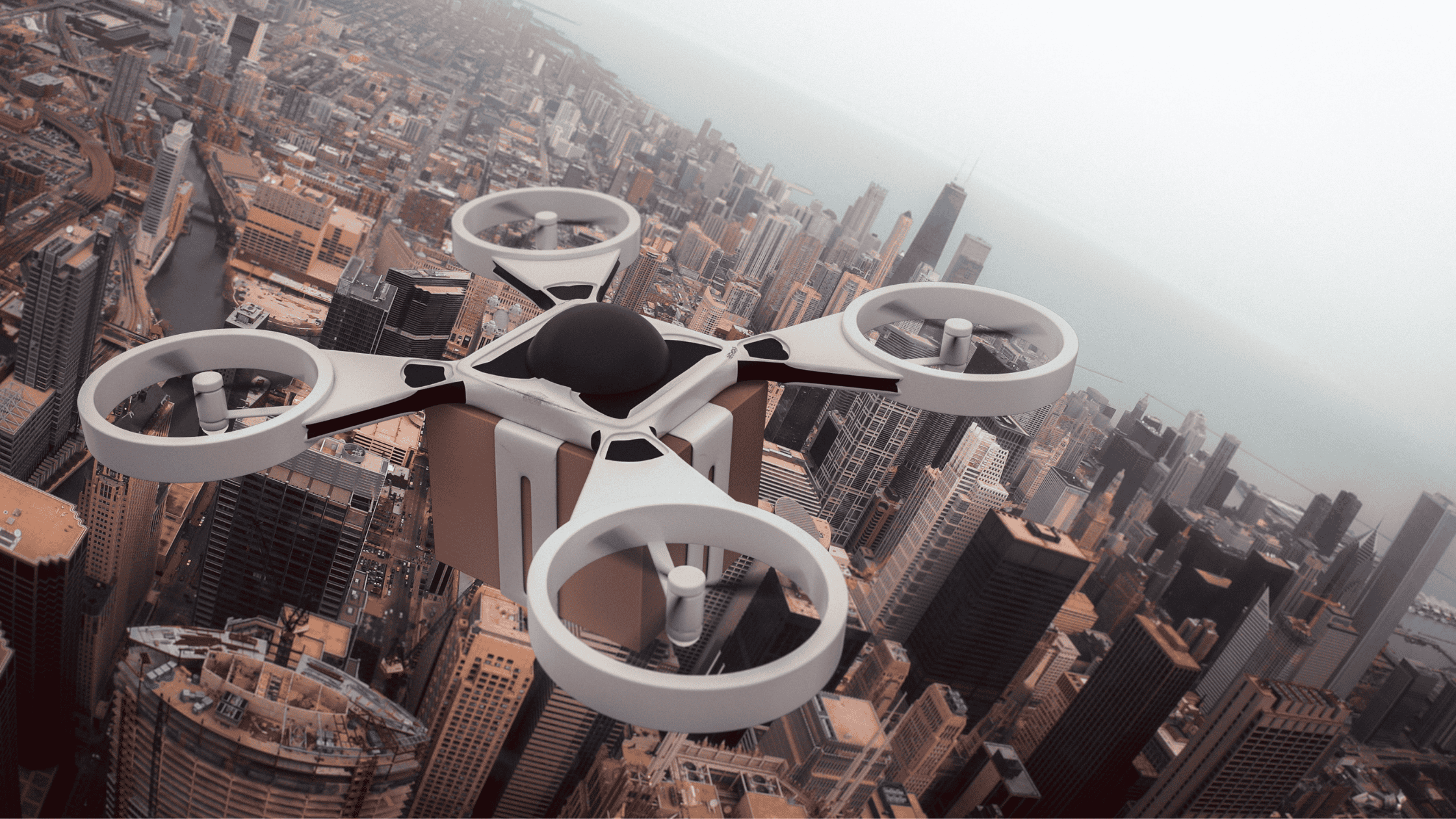Cleared for Takeoff: How Veterans Are Powering the Next Era of Drone Innovation
Veterans are trading boots on the ground for eyes in the sky — and the drone industry is taking note. Across the country, former service members are entering a booming sector that’s reshaping everything from agriculture and infrastructure inspections to emergency response and national defense.
With the Department of Labor highlighting drone tech as a growth field for veterans (Military.com), the skills learned in military service — precision, mission planning, situational awareness — are translating into high-demand civilian careers.
From Combat to Commercial Skies: Why Veterans Excel in Drones
- Proven Technical Skills: Many veterans operated unmanned aerial systems (UAS) during service, giving them a head start in commercial operations.
- Mission-Oriented Mindset: Understanding how to plan, execute, and adapt in high-pressure situations translates perfectly to drone work.
- FAA Certification Pathways: Programs like Veterans to Drones offer FAA Part 107 certification and job placement support to help vets launch their civilian careers.
Why This Matters for Disabled Veterans …
- Career Continuity: For veterans with service-connected disabilities, drone work offers a physically adaptable, technology-driven career path.
- Therapeutic Value: Some nonprofits are using drone piloting as part of adaptive recreation programs, helping veterans regain confidence and focus.
- Industry Demand: Drones are here to stay, with expanding roles in:
- Public Safety: Search-and-rescue, wildfire monitoring, disaster response.
- Commercial: Crop management, surveying, infrastructure inspection.
- Defense Contracts: Continuing to support national security from the private sector.
Voices from the Field
“Veterans are natural fits for the drone industry. They’re mission-oriented, tech-savvy, and accustomed to operating under pressure.” ~ Mark Stanton, Retired Air Force Pilot & UAS Instructor
“We’ve seen veterans use drones not only for work but as a bridge to reconnect with civilian life and community.” ~ Lisa Chen, Director, Veterans to Drones Program
What Veterans Should Do Now …
- Get Certified: Review FAA Part 107 requirements and look for veteran-specific training programs.
- Leverage VSO Resources: Ask your Veterans Service Officer about local or regional drone training initiatives.
- Explore Adaptive Tech: If mobility is a concern, research adaptive controllers and drone setups for disabled operators.
Final Thoughts …
For veterans, drones aren’t just gadgets — they’re career gateways. This industry offers a direct link between military expertise and civilian opportunity, with room for advancement, leadership, and innovation.
As demand grows, veterans who take flight in this sector can do more than earn a living — they can shape the future of aerial technology while continuing to serve their communities in new and meaningful ways.


3 thoughts on “From Battlefield to Boardroom: Veterans at the Helm of Drone Innovation”
Interested in getting Drone training &. Would like to know take courses!! Can u help me with this project!!
Someone needs to fly an explosive drone into the VA and blow someone up when they’re denied care or abused.
😂😂😂 😂😂
Comments are closed.